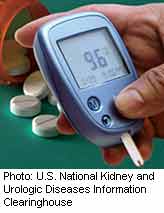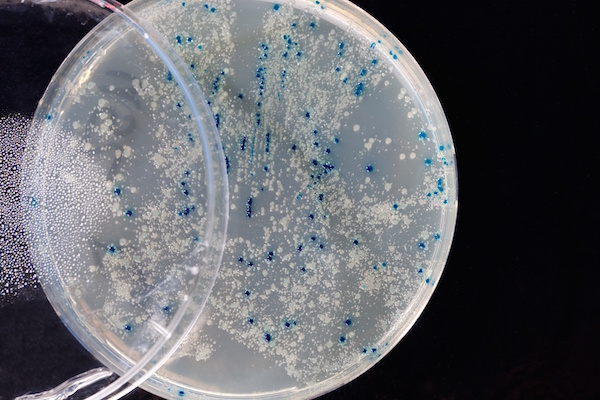
FRIDAY, March 29 (HealthDay News) — The first in a new class of type 2 diabetes drugs was approved Friday by the U.S. Food and Drug Administration.
Invokana (canaglifozin) tablets are to be taken, in tandem with a healthy diet and exercise, to improve blood sugar control in adults with type 2 diabetes.
Invokana belongs to a class of drugs called sodium-glucose co-transporter 2 (SGLT2) inhibitors. It works by blocking the reabsorption of glucose (sugar) by the kidney and increasing glucose excretions in urine, the FDA said in a news release.
“We continue to advance innovation with the approval of new drug classes that provide additional treatment options for chronic conditions that impact public health,” Dr. Mary Parks, director of the division of metabolism and endocrinology products in the FDA’s Center for Drug Evaluation and Research, said in the news release.
About 24 million Americans have type 2 diabetes, and it accounts for more than 90 percent of diabetes cases diagnosed in the United States, the FDA said. If blood sugar levels are not carefully controlled, there is an increased risk for serious complications, including heart disease, blindness, and nerve and kidney damage, the agency added.
The FDA approval is based on the findings of nine clinical trials involving more than 10,000 patients. Patients who took the drug showed improvement in hemoglobin A1c levels (a measure of blood sugar control) and fasting blood sugar levels.
Invokana should not be used by people with type 1 diabetes or people with type 2 diabetes who have increased ketones in their blood or urine (diabetic ketoacidosis), severe kidney disease, kidney failure or who are on dialysis, the FDA said.
The agency told drug maker Janssen Pharmaceuticals that it must conduct five post-approval studies of the drug to determine the risk of problems such as heart disease, cancer, pancreatitis, liver abnormalities and pregnancy complications.
The most common side effects of Invokana are vaginal yeast infections and urinary tract infections. It may also cause dizziness and fainting.
More information
The U.S. National Institute of Diabetes and Digestive and Kidney Diseases has more about type 2 diabetes.

